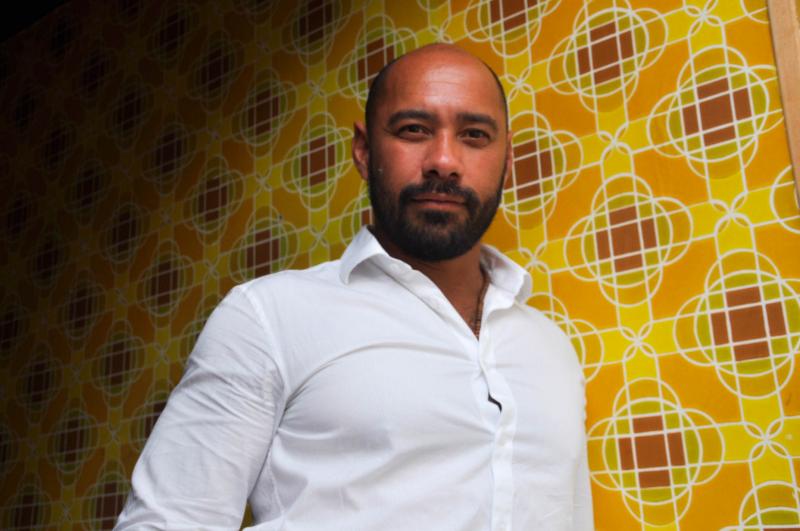
There’s a diversity gap across corporate Britain. Campaigns to promote more women into executive positions and recruit black, Asian and minority ethnic (BAME) people into PR must continue apace given the woefully low percentages in these two categories.
Research by the Chartered Management Institute revealed that fewer than one in 10 management jobs in the UK are currently held by BAME groups, and only half of FTSE 100 leaders are seen to be actively championing greater diversity.
While women are making gains into senior management positions, they still only represent a sixth of senior executive positions in corporate Britain. It’s 2017, #FFS.
Changing demographic
So, here are some more facts: by 2051, a fifth of the UK’s population will be from ethnic minorities, up from just 8% in 2001, according to a study published by the University of Leeds.
This demographic shift will not only have a significant impact on the cultural landscape of the UK, it will influence consumer behaviour. And technology will play a profound role in reimagining society making it more diverse in so many ways.
If businesses don’t actively embrace diversity wholeheartedly and genuinely champion equal access for all then they’ll be left behind.
Recruiting talent
This isn’t just about making a token gesture by ticking the ‘diversity box’, this is sound business practice. The workforce is changing with millennials marching into their careers and they have very different expectations of the types of organisations they want to work for. (And don’t forget that Gen-Z is only just around the corner.)
Deloitte’s latest millennials study shows that while they perceive businesses positively, they still don’t believe businesses are fully engaged in alleviating society’s biggest challenges.
Millennials want to work for organisations that are playing a positive role in shaping society and are prepared to go elsewhere if the organisation’s culture and values don’t match theirs. And diversity is a big part of their worldview.
Connection and cohesion
Speaking at the recent MacTaggart lectures in Edinburgh, Jon Snow made the point that there is a lack of diversity across the whole media sector, which was brought brutally into focus by the tragedy that struck Grenfell Towers in London earlier this year.
He said: “Britain is not alone in this – our organic links within our own society are badly broken. In part because the echelons from which our media is drawn do not for the most part fully reflect the population amongst whom we live and to whom we seek to transmit information and ideas.” He went onto say, “Grenfell speaks to us all about our own lack of diversity, and capacity to reach into the swaths of western society with whom we have no connection.”
New narratives
There’s another aspect to why diversity is crucial and it’s about creating new narratives. Every organisation needs to make a concerted effort to embrace diversity in order to shape a new narrative that can challenge the current climate of negativity and hate.
As a dual-heritage person, I’ve been one of the few and fortunate ‘brown faces’ heading up in-house communications teams and being a director of an consultancy I co-founded with two others called Foco.
One of the reasons for founding Foco is to champion diversity and inclusion across business and society.
This is an issue very close to my heart. I’ve been on the receiving end of racial abuse, so I know first-hand what intolerance looks like. Only recently, my colleague and I were racially abused and physically assaulted when we challenged a group of men who were making anti-Semitic remarks and racial slurs about black people.
There’s a rising tide of resentment, fuelled by a far-right agenda, that is sowing division and fracturing communities. The politics of indifference (and in some instances, tacit support) only embolden the people who share this outdated views publicly as it it were normal. It’s not.
Corporate Britain can counter these narratives by taking action to actively recruit more BAME groups and promoting more women into senior executive positions.
Championing diversity
The PRCA is playing an important role in planning for the future and in doing so, it is addressing some of the major social issues facing society. The PRCA is an example to all organisations and I would hope that corporate Britain gets on board to embrace and champion diversity. We need more women in senior executive positions and more BAME groups in PR.
